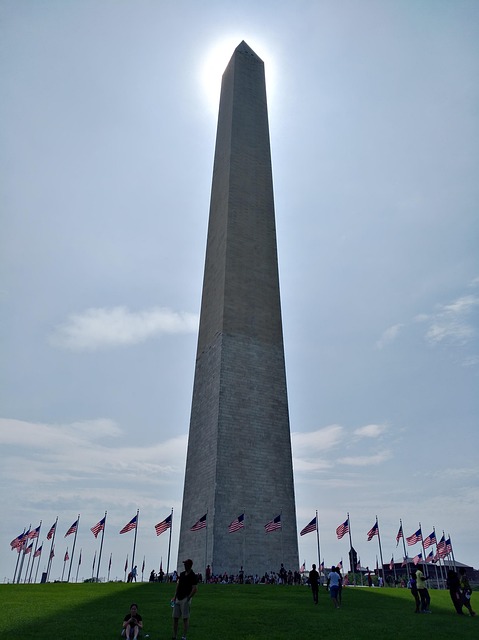Analyzing data from spam call lawyers in DC helps identify hotspots of spam activity, targeting individuals and businesses. The District of Columbia's stringent regulations and legal actions deter spammers, empowering residents to combat persistent illegal calls. Leverage smartphone tools, blocking apps, and report known spammers to enhance protection against emerging patterns.
In the age of digital communication, spam calls targeting legal professionals in the District of Columbia (DC) have become a prevalent issue. This article explores how to identify and combat these spam text trends. We analyze patterns in high-risk areas, examine DC’s legal response, and provide practical strategies for spotting and blocking spam lawyers. By understanding the current landscape, law firms can better protect themselves and their clients from unwanted interruptions.
Analyzing Calls: Patterns in Spam Hotspots

In the fight against spam, understanding patterns is key. One effective method involves analyzing calls from spam call lawyers in the District of Columbia. By examining geographical distribution and frequency, hotspots of spam activity can be identified. These areas may exhibit a higher volume of suspicious calls, suggesting clusters of targeted individuals or businesses.
Additionally, patterns in call times, language usage, and message content can reveal unique trends. For instance, certain days or hours might see an influx of spam calls specific to the legal sector within DC. Analyzing these insights allows residents and law enforcement to stay ahead of spammers, implementing more targeted countermeasures and ensuring a safer digital environment for spam call lawyers and all District of Columbia citizens.
Legal Trends: DC's Response to Spam Calls

In recent years, the District of Columbia has taken significant steps to combat spam calls, reflecting a growing legal trend across the nation. The rise of unsolicited phone calls and text messages from telemarketers has led to increased consumer complaints, prompting the DC Attorney General’s Office to implement stricter regulations. These efforts are particularly focused on protecting residents from deceptive practices and unwanted communications.
DC has joined forces with other states in pursuing legal actions against major spam call ringleaders, resulting in substantial fines and settlements. The region’s proactive approach serves as a warning to spammers, demonstrating that such activities will not be tolerated. Moreover, the Attorney General’s Office regularly updates its guidelines and laws to keep pace with evolving spamming techniques, ensuring that residents have recourse against persistent and illegal spam calls.
Strategies: How to Spot and Block Spam Lawyers

Recognizing and blocking spam calls from spam call lawyers in the District of Columbia requires a strategic approach. One effective method is to analyze call patterns; spammers often adhere to specific schedules, so identifying unusual call volumes during off-peak hours could be an indicator. Additionally, scrutinize caller ID information; frequent changes or unidentifiable numbers are red flags.
Implementing robust call blocking features on your phone is a crucial step. Most modern smartphones offer built-in spam filtering tools that learn and adapt based on user feedback. Reporting known spam call lawyers to your service provider and using dedicated blocking apps can further enhance protection. Regularly reviewing blocked call logs can also help identify emerging patterns and new tactics employed by these persistent spammers.






